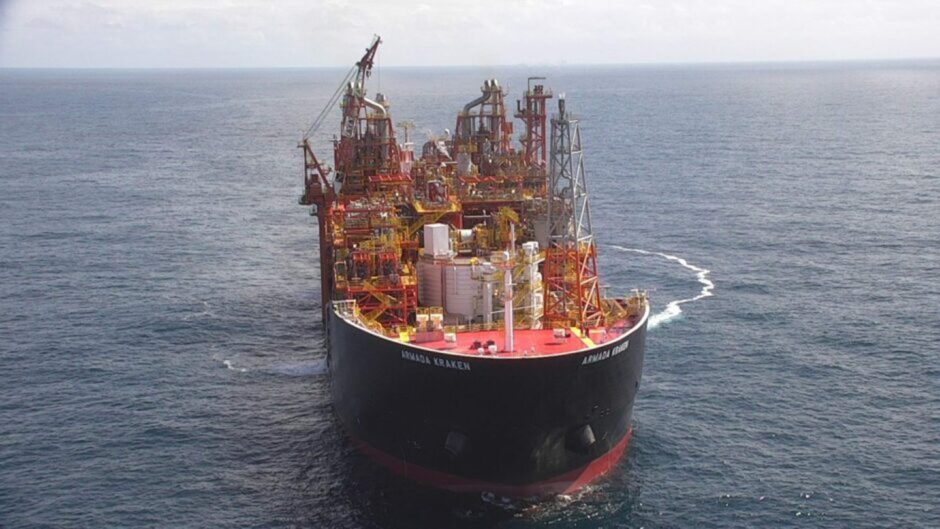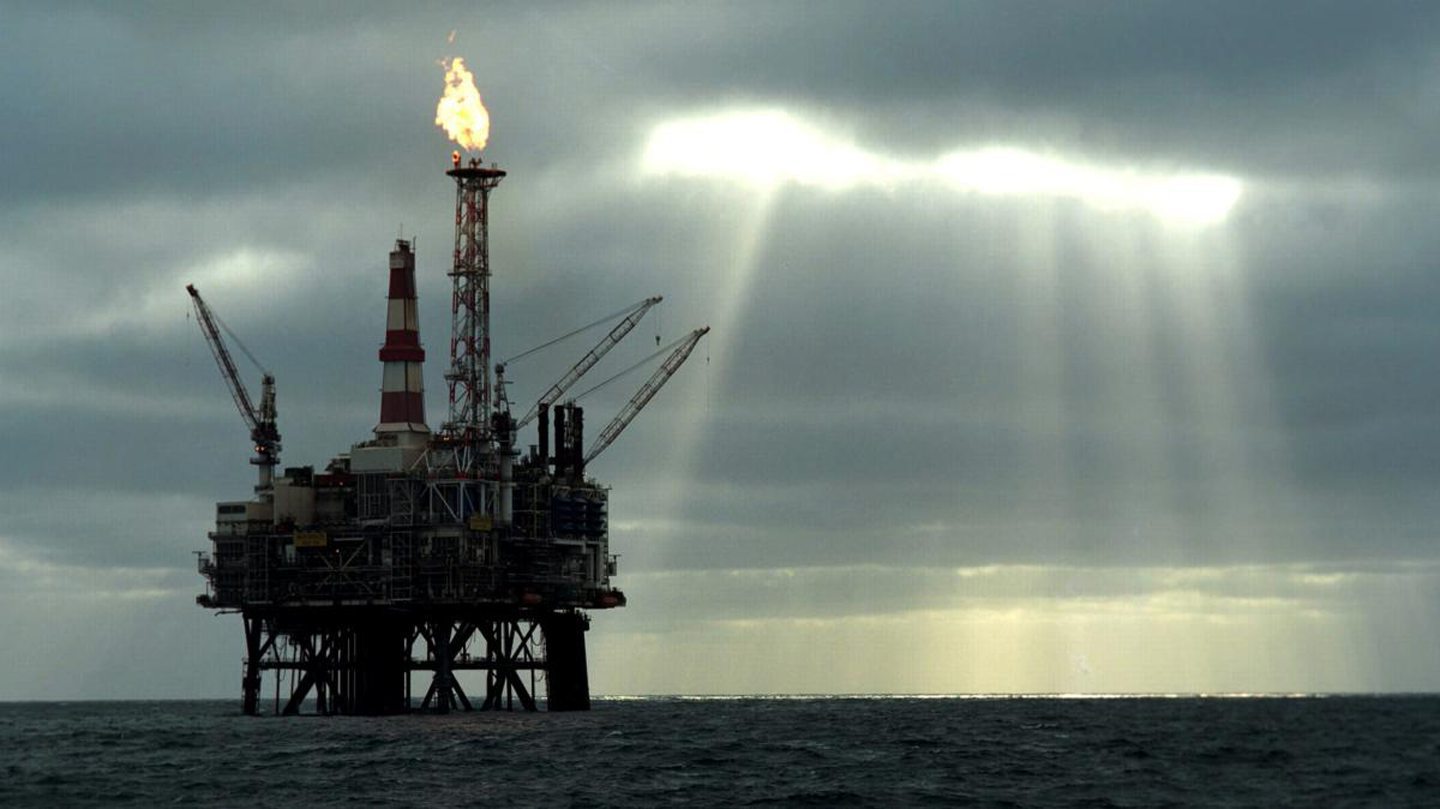 © Supplied by EnQuest
© Supplied by EnQuest North Sea operator EnQuest (LON: ENQ) has reported a drop in production and earnings across 2024 as the company released its full-year results.
The London-listed company achieved average production of 40,736 barrels of oil equivalent per day (boepd) across its operations in the UK and Malaysia.
The result represented a 7% decrease compared to the 43,812 boped EnQuest recorded in 2023, with 80% coming from its North Sea operations.
Meanwhile, the company also saw a more than 18% drop in its adjusted earnings before interest, taxes, depreciation and amortisation.
EnQuest recorded $672.6m in earnings in 2024 compared to $824.7m last year.
Reported revenue and other operating income also fell by more than 20% to $1.18bn, while reported gross profit dropped by more than 27% to $393.3m.
However, EnQuest said that despite a “challenging UK fiscal environment” the company managed to reduce its net debt by more than $1.6bn.
EnQuest North Sea operations
Across its operated portfolio, EnQuest said it delivered production efficiency of around 90% in 2024, with its North Sea operations achieving 88%.
EnQuest said this result exceeded the industry’s average basin performance of around 77%, calling it a “standout achievement” for its late-life assets.
The company said its Kraken FPSO continued to perform “at the very top” of production efficiency for floating hubs, exceeding the North Sea average by 25%.
However, operations at its Magnus hub were disrupted by delays to its rig recertification and an outage related to third-party infrastructure in Q4 last year.
In decommissioning, EnQuest said it plugged and abandoned (P&A) 22 wells in 2024, with the company on track to complete P&A work at its Heather and Thistle fields in 2025.
While the operator has delivered more than 35% of all P&A work in the North Sea over the last three years, EnQuest said its cost exposure “remains one of the lowest in the basin”.
Later this year, EnQuest is preparing for the removal of topsides at Heather with the arrival of the Pioneering Spirit heavy lift vessel expected in the summer.
EnQuest said following removal, the Heather topsides will be transported to Denmark for disposal.
Meanwhile at Thistle, EnQuest said 2025 marks the final full year on the platform, with disembarkation planned for early 2026.
EnQuest ‘well-positioned to transact’
Commenting on the financial results, EnQuest chief executive Amjad Bseisu said the group delivered “another outstanding year of operational performance”.
He said EnQuest executed “successive material growth transactions” across South East Asia, increasing its presence in Malaysia and entering the Vietnam offshore market.
“As EnQuest continues to pursue growth in the UK North Sea and further potential new country entries in South East Asia, these transactions underscore our commitment to growth, a disciplined approach to [mergers and acquisitions], and a strategy to invest capital where we identify the most favourable returns,” Bseisu said.
“Our foundation for growth is robust and we are well-positioned to transact, with our transaction ready liquidity increasing to c.$550 million at the end of February, following the latest redetermination of the group’s reserve-based lending facility, which remains fully undrawn.
“Having consistently delivered against production, operational and cost targets, we have generated material free cash flows across recent years, even during periods of reduced commodity prices.”
Energy transition
Outside of its oil and gas operations, EnQuest said it continues to progress work on carbon capture and storage (CCS) licences in the North Sea.
EnQuest secured four CCS licences in 2023 as part of the North Sea Transition Authority (NSTA) regulators first licensing round.
The company said following assessment of these licences, it has relinquished its Tern and Eider licences as of 1 March 2025.
EnQuest said its energy transition-focused subsidiary, Veri Energy, remains “encouraged” that its two remaining licences located northeast of Shetland hold potential to be a “low-cost merchant-market solution” for CO2 emitters.
The company said it aims to begin permanently sequestering carbon in the late 2020s or early 2030s.
Elsewhere, Veri Energy is aiming to begin engineering and design work this year on an onshore wind project to electrify and decarbonise operations at its Sullom Voe Terminal on Shetland.
Veri is also continuing to evaluate a multi-stage green hydrogen project at Sullom Voe, which received £1.74m in grant funding from the UK government’s net zero hydrogen fund.

